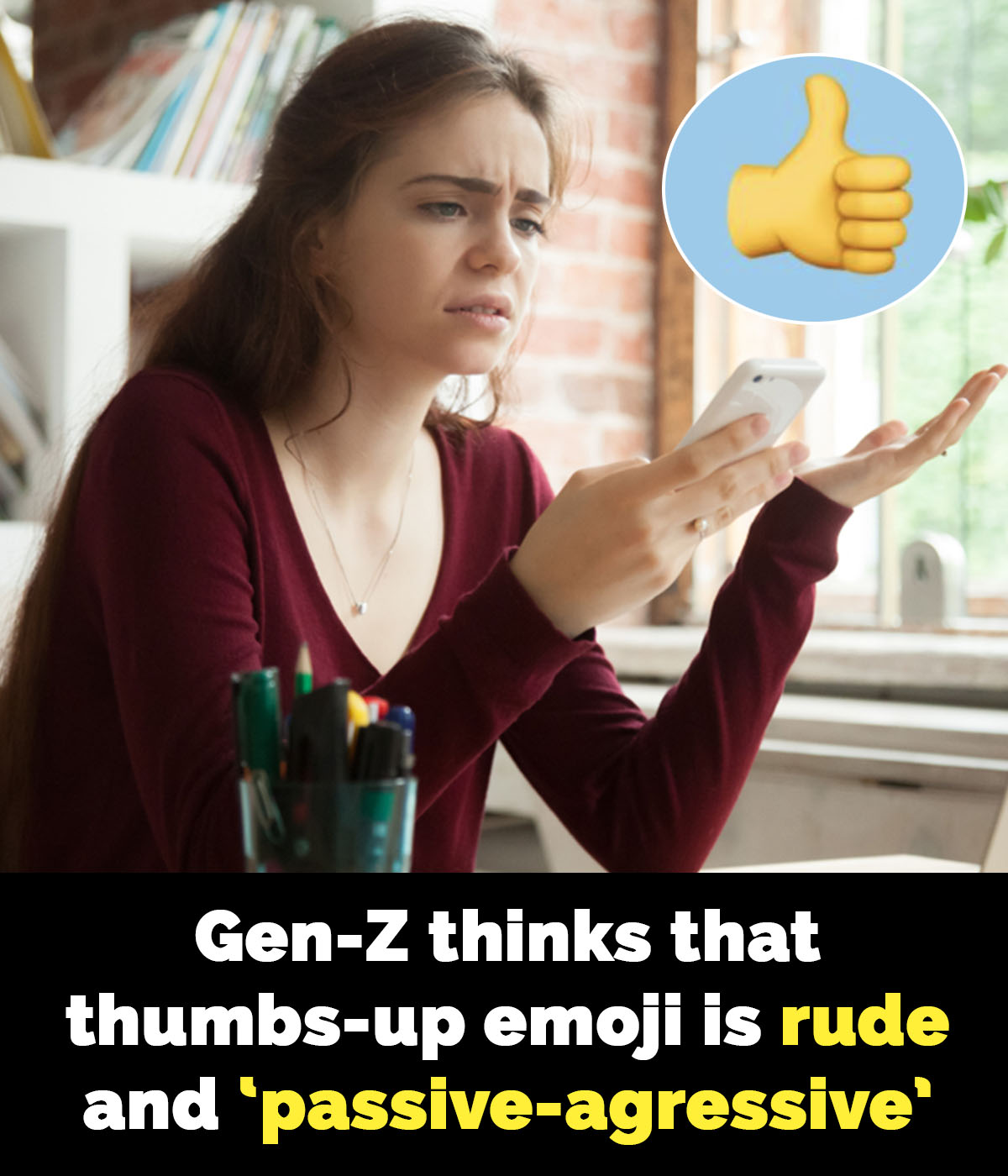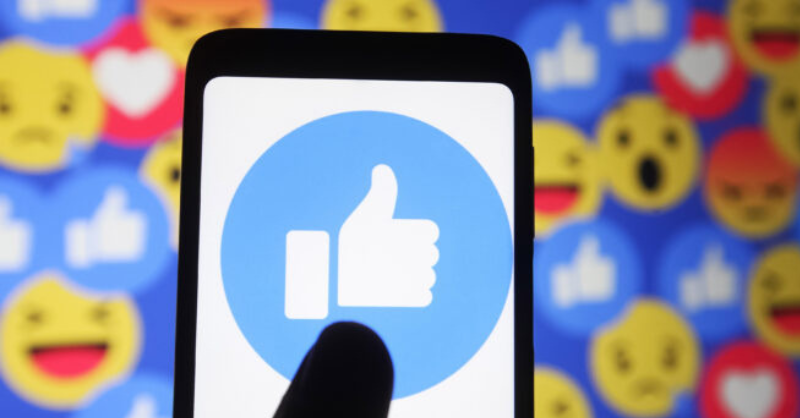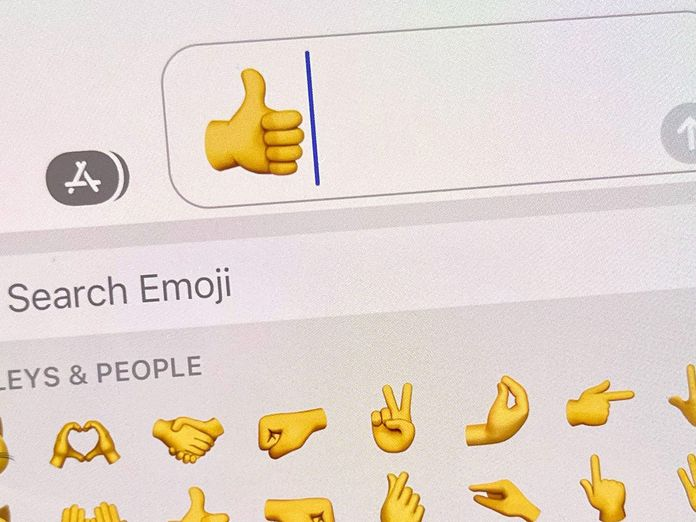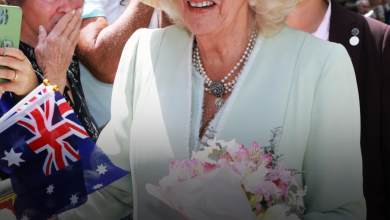
Generation Z differs in many ways from previous generations, and while we may not fully grasp all of their behaviors, it’s important for us to understand at least some of them to stay informed.
This article sheds light on how something seemingly harmless to one group could be perceived as rude by another.
Following the confusion Baby Boomers and Gen-Xers had with millennials, we now find ourselves bewildered by Generation Z. Gen Z displays many behaviors that aren’t easily understood by those who are older.
For instance, many young people no longer view the ‘thumbs up’ emoji as a friendly gesture. Instead, they see it as ‘passive-aggressive,’ and some even find it ‘triggering.’

A Gen-Z individual who recently entered the workforce shared their experience: “I started an ‘adult’ job where we use Microsoft Teams to connect with each other for work. Currently, there are only a few emojis you can use to react to a message (unless, of course, you respond directly, and can use any emoji). Most people at work use the ‘thumbs up’ reaction all the time.”
They continued, “I don’t use it much. I either ‘heart’ reactions or reply, even if it’s just a short ‘Great!’ or ‘Thanks!’ (I also feel like I use too many exclamation marks, but that’s a different story).”
They ended by asking others for their thoughts, “Anyway, I think it’s normal to ‘thumbs up’ messages, but I still feel like it’s such an unsettling response. Does anyone else feel this way?”

One user echoed this view and commented, “For younger people (I’m 24 for reference), the thumbs-up emoji is used to be really passive-aggressive.”
Another person added, “It probably feels unsettling because it’s impersonal, and based just off this post, you seem like the kind of person who prefers more genuine interactions with others.”
It appears that the meaning and usage of the thumbs-up emoji have evolved between generations. How do you feel about this shift in how emojis are interpreted?







